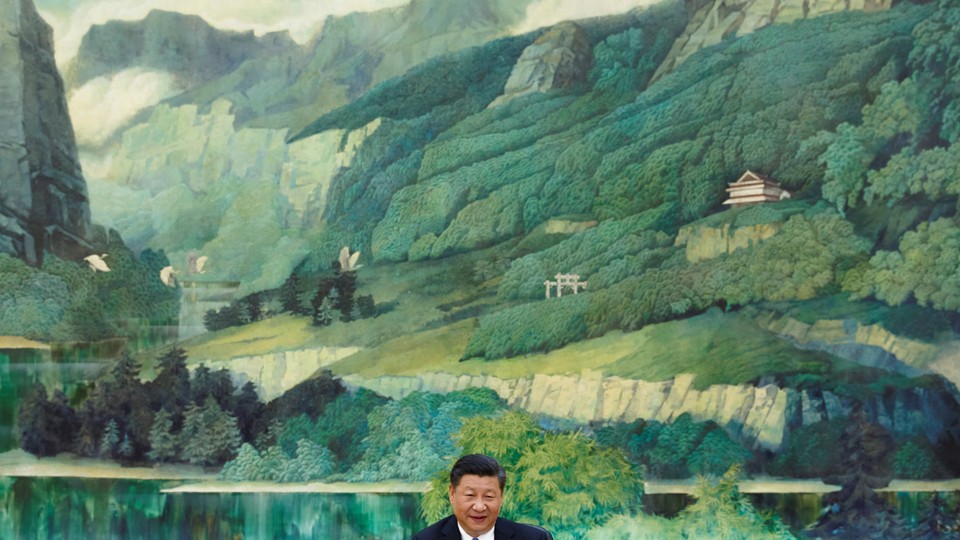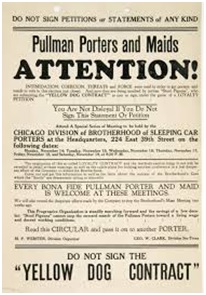 Israel at 70, Ivanka and Jared in Jerusalem, and Carnage in Gaza – Talking Points Memo
by John Judis
Israel at 70, Ivanka and Jared in Jerusalem, and Carnage in Gaza – Talking Points Memo
by John Judis
When I start railing about Israel’s government — he’s “Netanyahoo” as far as I am concerned — some of my co-religionists chide me for singling out Israel and exempting Putin’s Russia or Xi Jinping’s China from my complaints. My usual reply is that as a Jew I feel morally complicit in what Israel’s government does; I don’t feel that way about what Putin or Xi does.
But I’d say something more now — in the wake of Israel’s passionate embrace of Trump and rejection of an international Jerusalem (as decreed by the UN at Israel’s founding and with Israel’s support), in the wake of continuing settlements on and theft of Palestinian land in the West Bank and of Israel’s economic strangulation of Gaza, in the wake of growing Israeli attempts to squelch any dissent to the occupation, and of the disintegration of the Labour bloc as a moral alternative to Likud, and in the wake, finally, of Israeli troops firing on and killing Palestinian demonstrators who posed no mortal threat at the same time as the Trump children frolicked on the cobblestones of old Jerusalem. I’d say that Israel has become as bad an actor, period. And that upsets me to no end.
It’s the 70th anniversary of the Jewish state, and it’s worth pondering what has become of it and of Zionism. Zionism was a step-child of the nineteenth century nationalism that produced Italy and Germany and movements in opposition to the Russian and Hapsburg empires. I don’t accept the argument that Hitler’s Nazism or Mussolini’s fascism was a necessary outgrowth of this nationalism. So was German social democracy (with its emphasis on a solidaristic society and strong state). It took a set of intervening and unexpected circumstances to lead German or Italian nationalism into the dark byways of the 1920s and 1930s.
Zionism is misunderstood in exactly the opposite way. It was born as a national liberation movement, and its earlier leaders were secular socialists like Ben-Gurion or classic European liberals like Herzl. But there were always other tendencies buried within Zionism — the product of its being an offspring of Western colonialism and of its seeking to establish a state on a land already inhabited by another people. These tendencies were most clearly expressed by the post-World War I revisionists — “revisionists” because they objected to the British exempting Jordan from the ambitions of a Jewish Palestine.
Revisionism was initially led by a secular European liberal but morphed into a cousin of fascism in the 1930s and later into an ethno-theocratic nationalism. This tendency — and not what was most visible in the early Zionism — now predominates and its heirs are in charge of Israel and appear to be getting stronger rather than weaker.***KEEP READING











